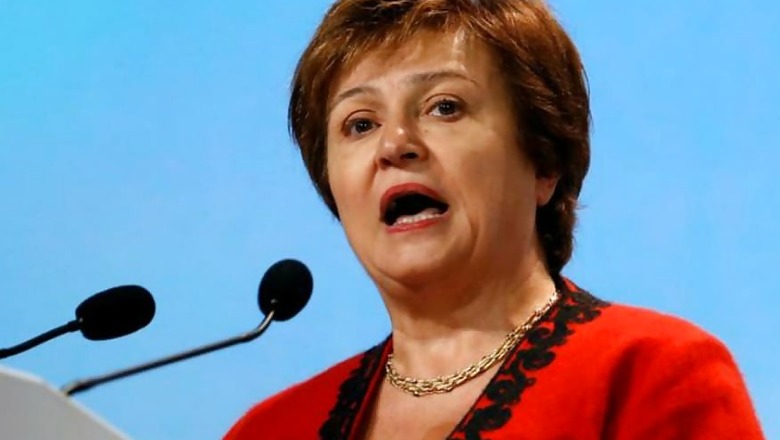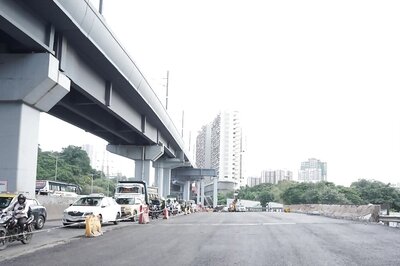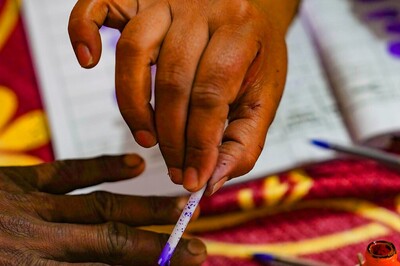
views
With the global economy in the grips of a “synchronized global slowdown” — that will result in slower growth for 90% of the world this year — the effect will be more pronounced in some of the largest emerging economies like India, the new head of the 189-nation International Monetary Fund warned on Tuesday.
IMF Managing Director Kristalina Georgieva said that an updated IMF forecast to be released next week will show growth falling to its lowest point since the beginning of this decade. She blamed much of the slowdown on rising trade conflicts which she said could mean a loss of around $700 billion in output by the end of next year — 0.8% of world GDP.
"Everyone loses in a trade war," she said in remarks urging all nations to pull back from the escalating trade wars such as the fight between the United States and China, the world's two biggest economies.
Trade battles are not only harming the global economy, Georgieva said, but they could have a long-lasting impact – especially for newly emerging market economies such as India and Brazil. "In the United States and Germany, unemployment is at historic lows. Yet across advanced economies, including in the US, Japan, and especially the Euro area, there is a softening of economic activity. In some of the largest emerging market economies, such as India and Brazil, the slowdown is even more pronounced this year," she said.
The IMF Managing Director said that global trade growth has come to a "near standstill."
The IMF had cut its projection for India's economic growth by 0.3 percentage points to 7 per cent for the fiscal year 2019-20 owing to the "weaker-than-expected outlook" for the domestic demand. The Reserve Bank of India (RBI) on Tuesday said that the Indian economy which has largely been subdued in the past few quarters and signs of a slowdown have cropped up, is likely to face several more risks in the near term.
The RBI in its Monetary Policy Report, October 2019, has also said that a combination of domestic and global headwinds has depressed economic activity in the country "especially in terms of aggregate demand". The near-term outlook of the Indian economy is fraught with several risks, said the report.
It said that private consumption, which is the major support of economic activity, has started to slow down due to several reasons.
Georgieva, a Bulgarian economist who had held the No. 2 job at the World Bank, was selected last month to succeed Christine Lagarde. "Even if growth picks up in 2020, the current rifts could lead to changes that last a generation — broken supply chains, siloed trade sectors, a 'digital Berlin Wall' that forces countries to choose between technology systems," she said.
The lasting solution to the trade conflicts will require cooperation from all countries, Georgieva said.



















Comments
0 comment